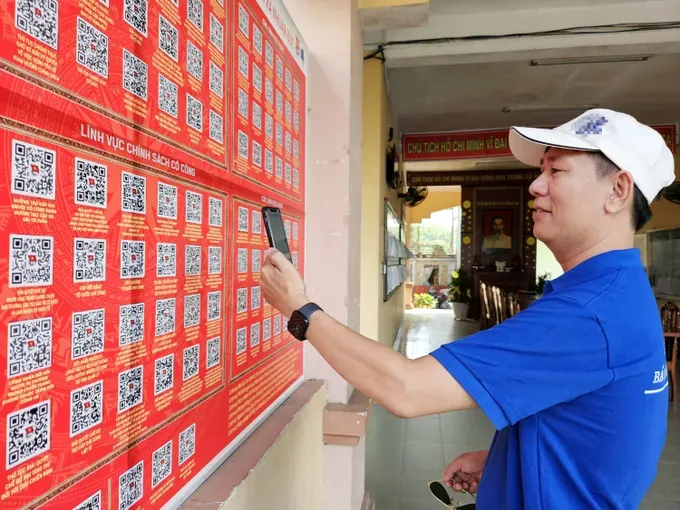
Digital signatures are rapidly becoming part of daily life in Vietnam. According to To Thi Thu Huong, Director of the National Electronic Authentication Center (NEAC) under the Ministry of Science and Technology, by August 2025 the country had issued 22 million personal digital signature certificates—double the figure from just eight months earlier. At the end of 2024, Vietnam had only 11 million such certificates.
The surge highlights the growing adoption of digital signatures nationwide. With a solid technological infrastructure, a clear legal framework, and rising public demand, NEAC is pushing to accelerate this trend. Its leaders expect that within the next 10–15 years, every Vietnamese citizen will hold a personal digital signature certificate.
Under the 2023 Law on Electronic Transactions, a digital signature is defined as an electronic signature that uses asymmetric key algorithms to verify the identity of the signer and confirm acceptance of the signed content. In practice, this ensures authenticity, integrity, and non-repudiation. Importantly, the law establishes that digital signatures carry the same legal weight as handwritten signatures in traditional transactions.
























